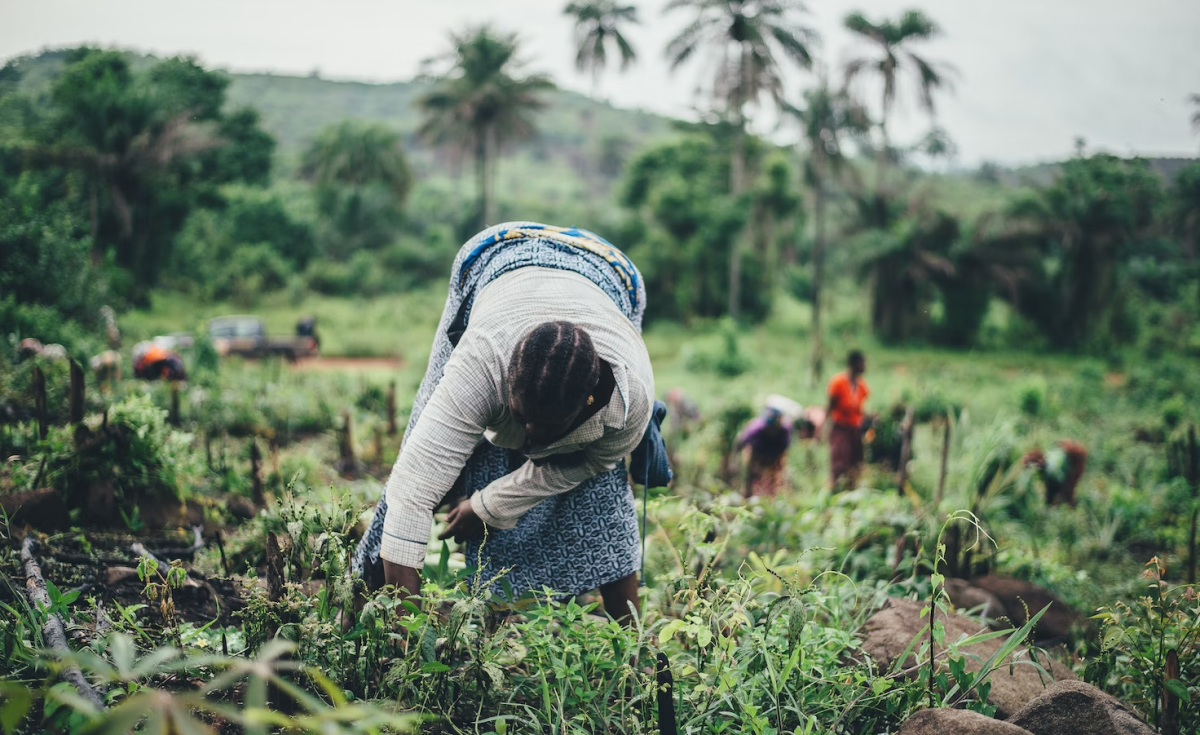In a stark revelation, smallholder farmers from developing nations, collectively known as the Global South, who contribute to one-third of the world’s food production, receive a meager 0.3% of international climate finance. This alarming discrepancy is highlighted by Maina Waruru in a recent report for Inter Press Service, shedding light on the crucial role these farmers play in climate-proofing food systems.
Read More: Empowering Women for Peace
Published on November 14, 2023, the study titled ‘Untapped Potential: An Analysis of International Public Climate Finance Flows to Sustainable Agriculture and Family Farmers’ underscores that only a fifth of international public climate finance allocated for food and agriculture supports sustainable practices. Astonishingly, the majority of funds flow to wealthier nations in the Global North, despite agriculture ranking as the third-largest source of global emissions and the primary driver of biodiversity loss.
Compiled on behalf of ten farmer organizations spanning Africa, Asia, Latin America, and the Pacific, the report emphasizes the essential role family farms play in supporting rural economies, sustaining over 2.5 billion people globally who rely on them for their livelihoods. In Sub-Saharan Africa, where up to 80% of farming is carried out by smallholder farmers, agriculture contributes a significant 23% to the regional Gross Domestic Product.
The study advocates for a critical increase in climate finance directed towards sustainable agriculture, emphasizing the imperative of direct access for small-scale farmers. The findings echo a growing global call for equity in climate financing, recognizing the pivotal role these farmers play in fostering resilient and sustainable food systems.
Read More: AGOA Is Cornerstone of U.S. Economic Ties With Africa
Concurrently, a new report from the United Nations reveals a troubling trend: affluent nations are reducing their committed funding to help developing countries cope with the escalating impacts of climate change, despite the escalating need for such financial support.
